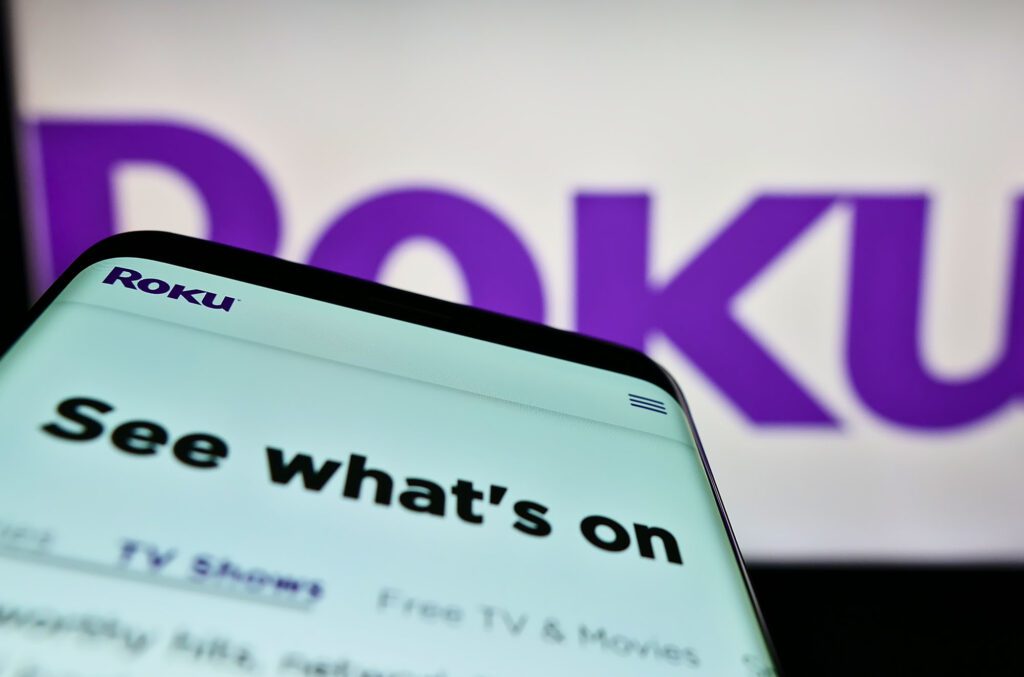If anyone asks what the main theme of Roku’s Q1 earnings call was on Thursday, say: “programmatic.”
Although Roku doesn’t break out programmatic ad spend, it represents a growing percentage of overall video ad spend on the Roku platform, CEO Anthony Wood told investors.
And that’s no accident.
Roku has a demand-side platform of its own – OneView (FKA Dataxu) – and the company has invested in building and honing its in-house programmatic expertise since the Dataxu acquisition in 2019.
But starting last year, Wood said, Roku has also made it a priority to expand and deepen its relationships with third-party platforms, including DSPs.
Because the easier it is for advertisers to execute campaigns programmatically – especially small- and medium-sized businesses – the more likely they are to spend.
The unusual suspects
So, who is Roku partnering with?
All the usual suspects, and also perhaps a few less obvious ones. Roku now has more than 30 third-party partners.
But the more the merrier. Incorporating more DSPs increases the diversity of demand, said Charlie Collier, president of Roku Media.
“Our list includes all the notable partners, but also Instacart, Cox Auto and others you might not immediately have in mind,” he said. “This expansion is part of our commitment to an open ecosystem, which is central to our growth strategy.”
Platform openness also helps sets Roku apart from walled garden competitors.
Roku’s “strategic pivot” to embrace third-party demand partners “will be a key differentiator for us versus large, closed ecosystems,” he said. “We’re committed to flexibility and meeting advertisers where they prefer to transact.”
A ‘scale and engage’ phase
But despite several references by Roku executives to the growth of programmatic ad spend on the platform, it’s impossible to know the rate of growth without a baseline.
Still, Roku appears to be managing some tricky comps.
Its total net revenue was $882 million in Q1, a 19% year-over-year increase, and platform revenue, which includes ad sales, was $755 million, also up 19% YOY.
Platform revenue was driven by a mix of advertising activities and streaming service distribution. The latter grew at a faster clip than overall platform revenue, said CFO Dan Jedda, partially benefitting from price increases for subscription-based apps on Roku’s platform.
That said, the year-over-year growth rate of streaming service distribution in Q1 was down quarter over quarter because Roku was “lapping past price increases and a higher mix shift toward entry price ad-supported offerings,” Jedda said.
In other words, Roku is focusing on growth in international markets, including Mexico and Germany, that have a lower average revenue per user (ARPU) and also monetize at a lower rate than subscribers in the US.
Still, although Roku’s ARPU was essentially flat YOY in Q1 at $40.65, average revenue per user was actually up – if one were to break out just the US, Jedda said. He noted Roku will continue growing international engagement and improving ARPU over time.
“We’re in our ‘scale and engage’ phase,” Jedda said. “And I like the trends I see.”















